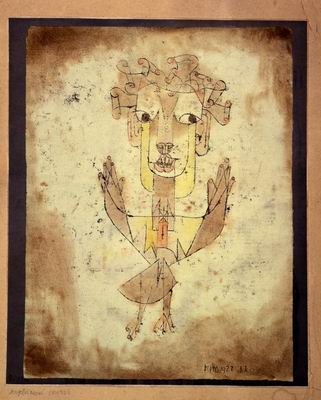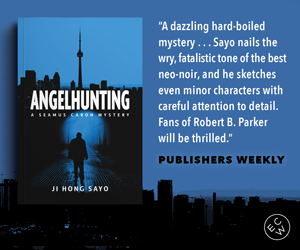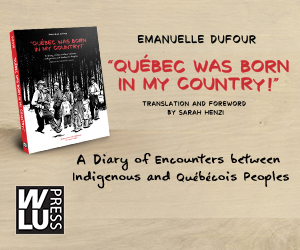Writer at Work: Speaking with the Dead
By Shazia Hafiz Ramji
A couple of weeks ago, I had the honour of speaking on panels at Room Magazine’s Growing Room Festival. During a Q&A session with the audience after the intersectionality, diaspora, and Asian-Canadian writers panel that I was moderating, I admitted that I think of myself on my deathbed. I said that if I am lucky enough to have time to think before I die, the last thing I want is a thought about not meeting my own expectations of myself — so I live my life in view of my death. This is not to say that I am morbidly comfortable with these thoughts. They simply remind me of what matters to me most: whether or not I am honest with myself in my own work. It doesn’t matter what genre I’m working on, but the ability to look at myself honestly and to capture emotional truth in my work is important to me.
My friend, Chimedum Ohaegbu, asked a follow-up question about legacy; whether or not we think of our work in the future. I was surprised that I spoke openly about my beliefs. I acknowledged that what I was about to say might sound egotistic, but I believed it, so I’d say it: I admitted that I believe I am guided by the dead. I believe I am the legacy of my ancestors and of those who have come before me, and that I have a duty to the dead and to history. The metaphysical logistics of this are irrelevant. It’s a belief, one I've held since I was young but have only recently discussed publicly.
The panel was on March 15, the night of the Christchurch Mosque shootings in New Zealand. I was surprisingly affected by the news when I woke up. I went for a run in the middle of the day to sweat off the feeling of heaviness. My family is Muslim. At the time of the panel, they were praying at mosque, as they usually do on Fridays. I couldn’t stop thinking about them while I was moderating. I couldn’t stop thinking about my ancestors, about my great-grandpa, who spent his childhood and youth living in a mosque because his family was poor. I am not trying to tell a sob story. I’m telling you this because when I admitted that I believe I am the legacy of my ancestors, that I am guided by the dead, I didn’t hesitate. I felt fluent and at ease, even though I’d never spoken about this publicly before. I felt that I wasn’t alone, despite the overwhelming feeling of loneliness earlier in the day.
I am aware that one of the reasons I write is because of loneliness. This is not to say that I don’t have friends or people who support me — please bracket that for a second. The loneliness I’m talking about is different. I write to ease my own loneliness and I’ve always hoped that my writing will do what other people’s writing has done for me: it has reached me when I need it the most. It has reminded me that I am not alone, that there are others who feel and think what I feel and think.
Like the consolation of reading, writing eases my loneliness when it makes me forget myself. What does it mean when I don’t recognize something I’ve written, even though I’ve written it? What does it mean to be surprised by your own work, to dream of your characters, to name them? This could be called imagination, the unconscious, the oracular — whatever you like — writing is all these things. It is also communion with something greater than yourself. Hold on to that thought before you give it a name.
Your CanLit News
Subscribe to Open Book’s newsletter to get local book events, literary content, writing tips, and more in your inbox
While expressing my belief about being guided by the dead, I was acutely aware of history in the context of what had happened in New Zealand and in the context of the novel I’m currently working on, which draws on my family history. I want to say I spoke up at the panel out of a sense of justice or of history, but that seems too intentional. All I know is that when the dead are there, they have history with them. They remind us of the silences that find voice in the words of those who are alive and who know to listen. They are that liminal moment between the backward and forward motion of wings, captured in Paul Klee’s “Angelus Novus.” This moment is where I am when I am writing.
The views expressed in the Writer-in-Residence blogs are those held by the authors and do not necessarily reflect the views of Open Book.
Shazia Hafiz Ramji’s fiction was shortlisted for the Malahat Review’s 2022 Open Season Awards. Her poetry was shortlisted for the 2021 National Magazine Awards and the 2021 Mitchell Prize for Faith and Poetry. Shazia’s award-winning first book is Port of Being. She lives in Vancouver and Calgary, where she is at work on a novel.



